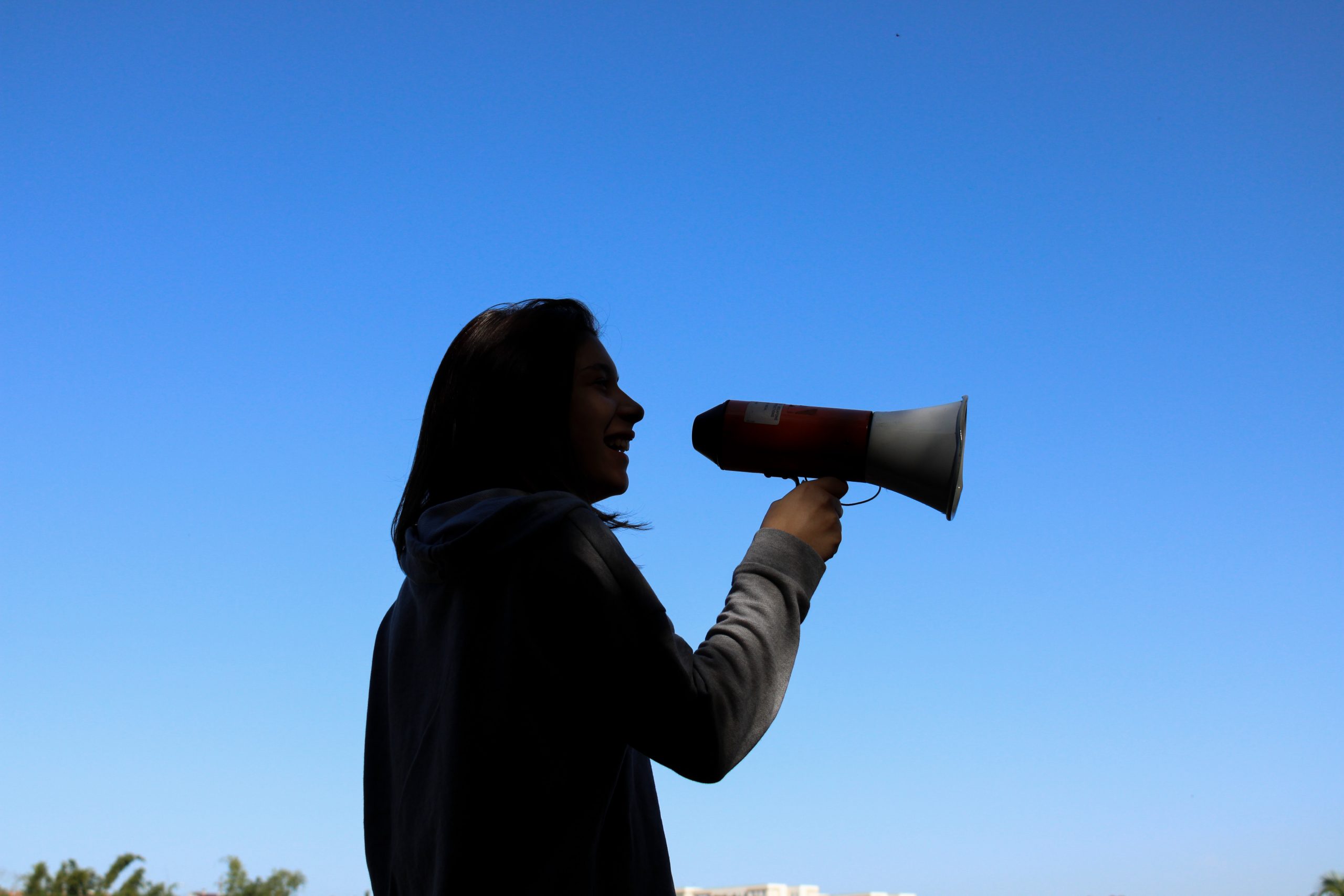The Writers’ Strike and its impact on accessibility


Technology has changed the way media is produced and consumed: during the past decade, the model of streaming services has grown to be one of the main ways of engaging with movies and TV shows. Unfortunately, labour conditions have failed to keep up with changes in the media landscape, particularly in recent contracts for professionals behind the creation of movies and series.
The Writers Guild of America (WGA) have been on strike since 2nd May 2023 after no agreement was reached around a new contract with big producers such as Disney, Paramount, Sony, and Netflix, among others. The demands of the union included improved payment models for streamed content and the regulation of Artificial Intelligence (AI) in the creative industry. So far, this halt in the writing stage of production has meant a stop to the making and preparation of TV shows and films, with the Screen Actors Guild – American Federation of Television and Radio Artists (SAG-AFTRA) joining the strike with demands of their own.
Accessibility has been an important issue for streaming platforms for a while. Netflix was sued by the National Association of the Deaf in 2011 for violations against the Americans with Disabilities Act. The resolution reached was that they needed to offer closed captions on all their content. This, in turn, put pressure on other streaming companies to do the same. While AI has many applications and an important role to play in this regard (most social media sites use some form of AI and machine learning algorithms to generate their automatic closed captions), they are not the same quality as transcripts or translations made by professionals.
An unexpected convergence between the issue of accessibility and the WGA strike came when the second season of the Amazon Prime series, Good Omens, premiered in late July 2023. Based on the book by Neil Gaiman and Terry Pratchett, the series includes big names like David Tennant and Michael Sheen, and it enjoys a large and committed fanbase that enthusiastically awaited the premiere.
However, the experience was dampened by the decidedly bad quality of the subtitles, which had inconsistent spelling for some characters’ names, misattributed lines across the episodes, and missed a lot of details from the series. This was immediately noticed by viewers; not only people with a hearing impairment, but also anyone relying on closed captions to enjoy the series, like non-native speakers.
Neil Gaiman, main writer for the series and member of the WGA, tied this to the strike. For the first season, he personally checked the subtitles, comparing them with the scripts that would also affect the translations and dubbing in other countries, something that didn’t happen for season two. “You have no idea how bad the subtitles are,” he told a fan via a post on his Tumblr account. “If I hadn’t been on strike I would have seen the closed captions and fixed them. I am on strike and I’m sorry to all the people who use or rely on the captions.”
Other accessibility features like audio descriptions are also created by writers. With the WGA strike, there is a shortage of people to create these, which makes it difficult or even impossible for people with disabilities to access movies and series. Even if accessibility features are created, there may be a delay in their release.
This lack of attention to accessibility on the streaming platforms’ side is blatantly excluding part of the population, preventing them from experiencing the show the way it was intended to and fully enjoying it. While companies are commonly accused of “cutting corners” on captioning and subtitling services (something that directly affects its quality), the case for Good Omens has highlighted how the fight for proper work conditions is affecting digital accessibility, and how these can increase the quality of films and series while making them more enjoyable for everyone.